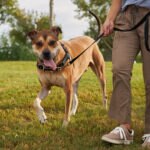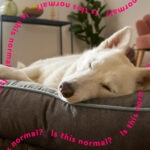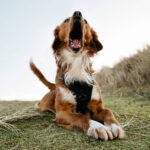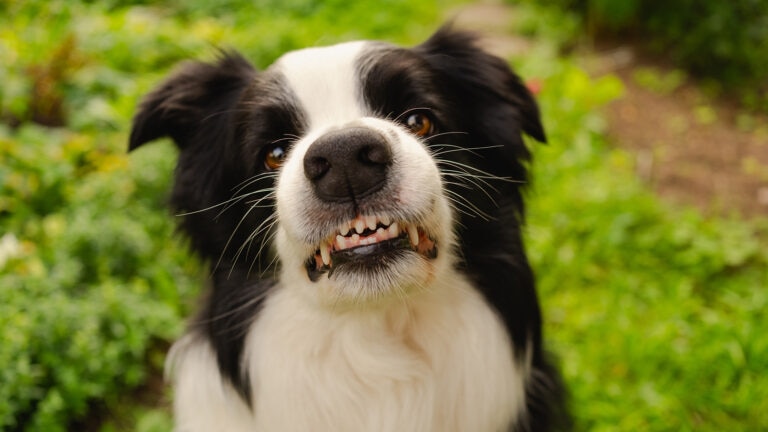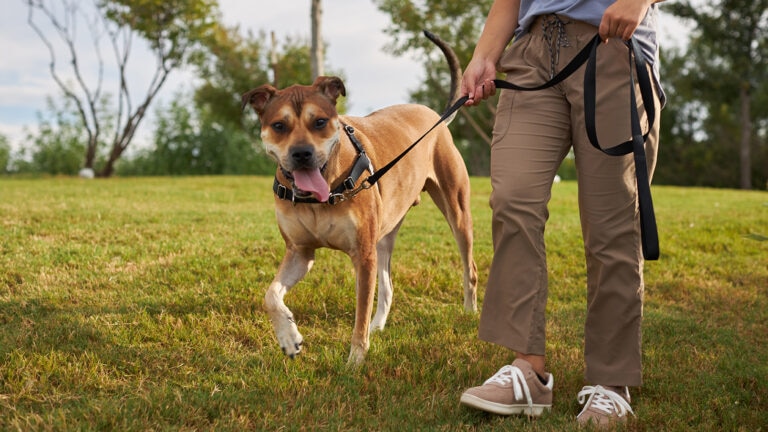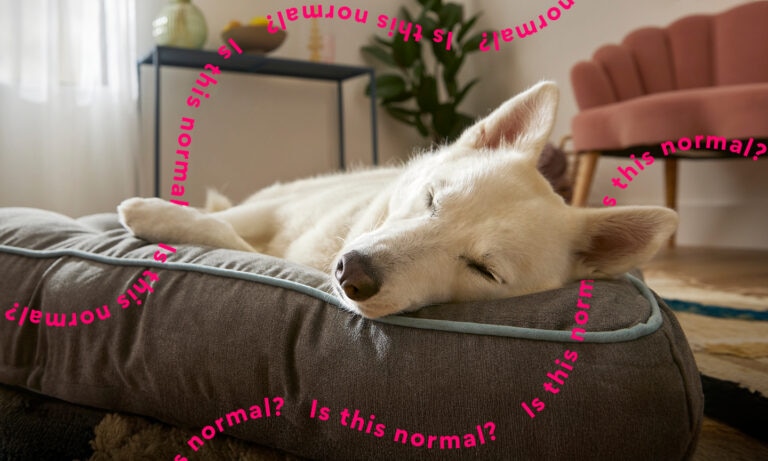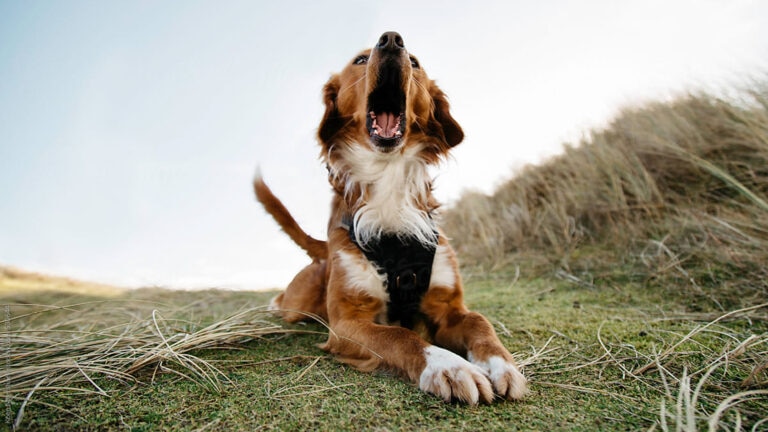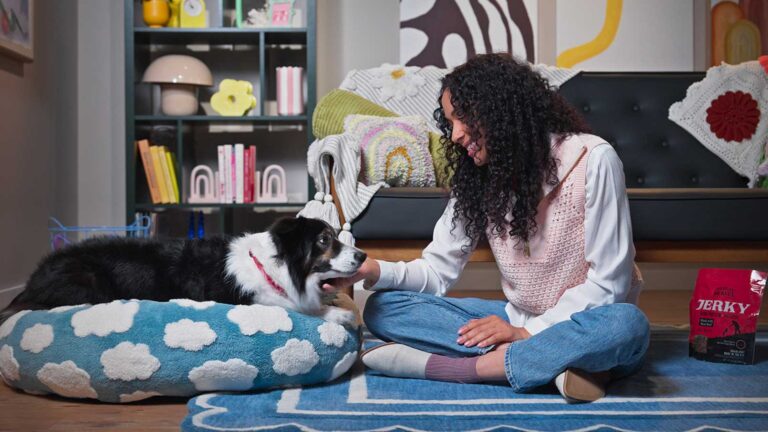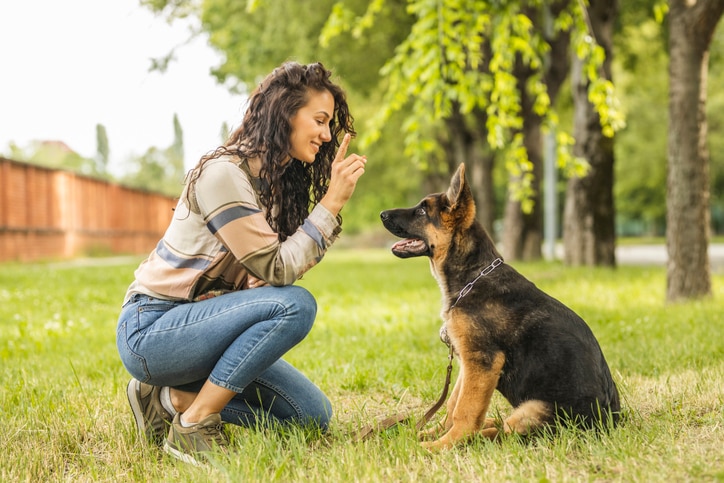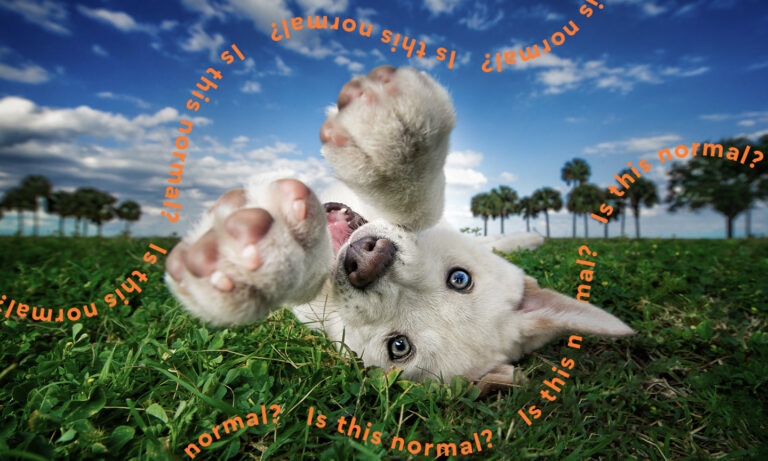How to Calm a Dog After Surgery

Photo by Chewy
Dog Surgery Recovery: How to Calm a Dog Post-Op
If you’ve got a pup recovering from surgery, whether it’s after spaying a dog, or dog neutering recovery or TPLO post-op, you might be wondering how to get your furry friend feeling 100% again. Besides following post-surgery instructions from your veterinarian, it’s important to learn how to calm a dog after surgery to ensure full recovery.
For active dog parents, keeping their pup relaxed may seem like a pipe dream, but with the right tools and tips, you will have your canine feeling as calm as ever.
Stock Up on Interactive Dog Toys
Holistic physical therapist for pets and people, Sally Morgan, explains that immediately after surgery, “The dog needs to be kept quiet, but this does not mean he needs to be confined in a tiny crate.” While excessive movement and outdoor games should be off-limits in the beginning stages of recovery for dogs, there are plenty of other fun and engaging activities that will keep your pooch occupied while he recuperates. By introducing interactive dog toys and mental puzzle games into your dog’s daily routine, your pup’s recovery from surgery will be much less stressful.
Dogs are in many ways like athletes after surgery—all they want to do is get back to their active lifestyles. Satisfy your pooch and channel his built-up energy and natural foraging instincts by letting him work for his snacks as opposed to handing them to him. Toys such as the KONG Extreme Dog Toy allow dogs to puzzle-solve for extended periods of time and enjoy a reward each time they get the food and treats free. Interactive dog toys will help reduce boredom and provide low-intensity stimulation that will keep your pup entertained all day!
Play Nose Games
If your pooch can’t work out his paws, let him work out his nose! It’s no secret that dogs have an excellent sense of smell, but it takes practice for them to start using scent rather than visual cues to find objects. With nose games to entertain your pup, you can make recovery less stressful.
Test your pup’s sense of smell by playing hide-and-go-seek with dog treats. To keep the activity at a low intensity, you can start off by hiding treats in one of your fists for your dog to sniff out. Or try placing them under a cup and shuffling the remaining ones to challenge him to nose the right one. When your dog chooses the correct hand or cup, praise and reward him with the treat inside! This will ensure that your pup stays entertained and motivate him to complete the challenge.
Once your pooch is feeling better, you can begin hiding treats around the house to encourage your pup to start moving again.
Nose games are the perfect entertainment for your dog after surgery, because there’s a low risk of injury or overexertion. Additionally, the mentally stimulating nature of nose games will tire your dog out, allowing your pup to stay calm and get plenty of rest post-surgery.
Soothe and Calm Your Dog
Canine behavior expert Jessica O’Neill explains that keeping your pooch calm starts with the pet owners themselves. “The first thing to consider is presenting calmness in your demeanor and environment,” she explains. She says that “Calm interactions, a soft voice, slow movements and soft, long petting will elicit calm in your pet” and help him in his recovery process.
There are many products that can promote relaxation in overexcited dogs. According to O’Neill, “aromatherapy, pheromone diffusers, compression coats, warming dog beds and sound devices are all useful products to promote relaxation in your pup should his adrenaline and stress begin to heighten.” If you’re looking for a soothing sound device, the Pet Acoustics Pet Tunes Calming Music Dog Speaker is loaded with music developed by sound behaviorists to calm canines and put them in a stress-free state of mind. You may also consider the Calm Paws Dog Cone Calming Gel Patch, which uses a blend of essential oils to provide calming aromatherapy support while your pooch wears his recovery cone. Regardless of which product you choose, remember that each pup may respond differently, so pay attention to how your dog responds.
Benefits of Downtime
O’Neill reminds pet parents that, “During post-op recovery, your dog will not feel normal, and it’s important to reduce environmental stressors, activity and stimuli in general.” Take this time to show your pup lots of affection by spending some quality cuddle time together. Limit your social interactions and houseguest visits so your pooch doesn’t get overstimulated by the presence of new people.

